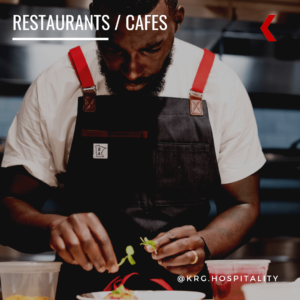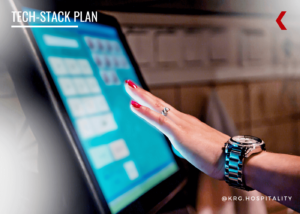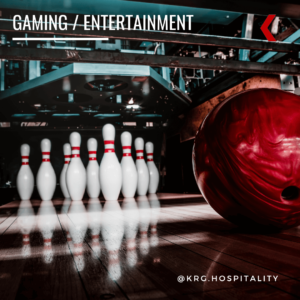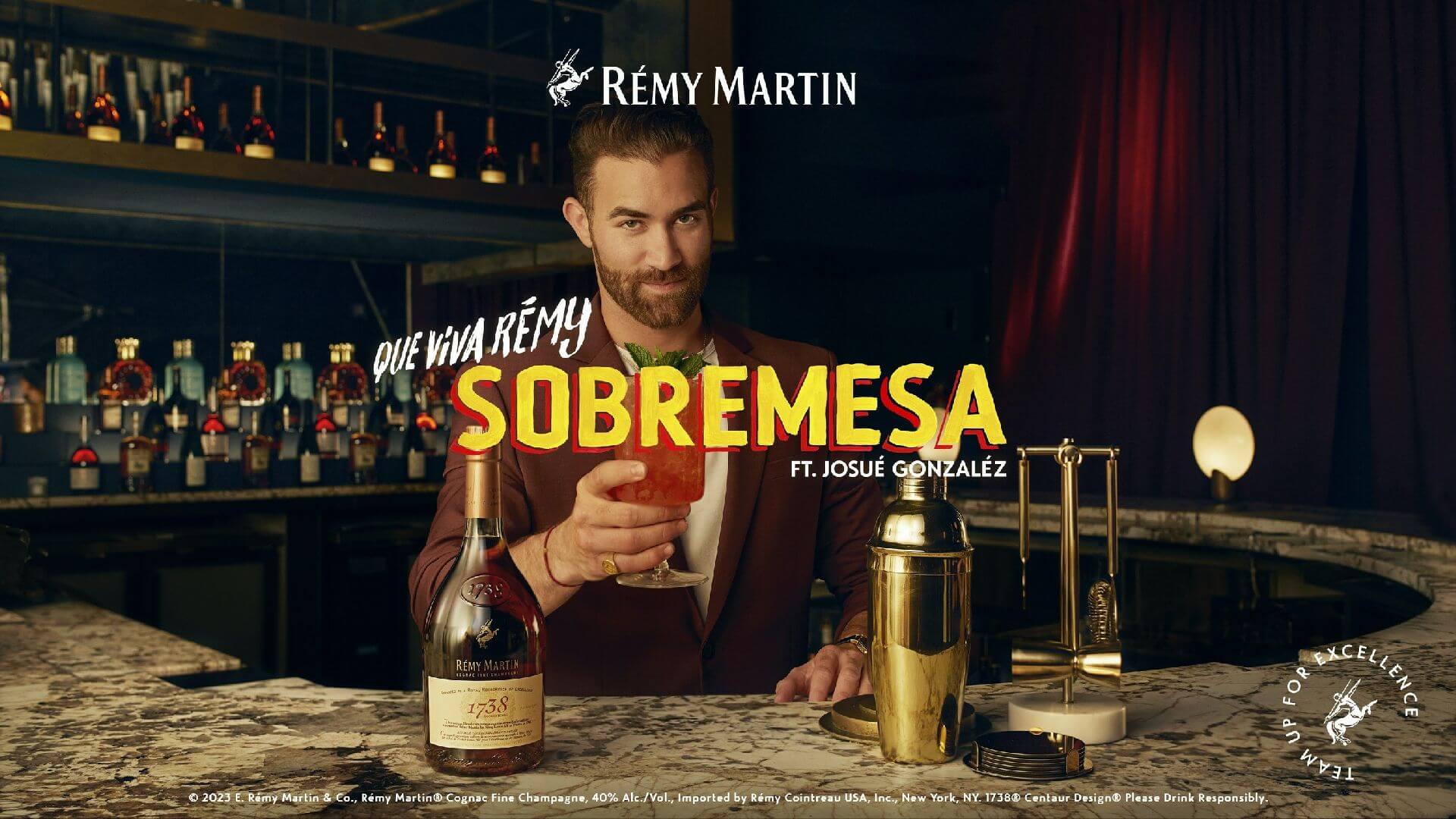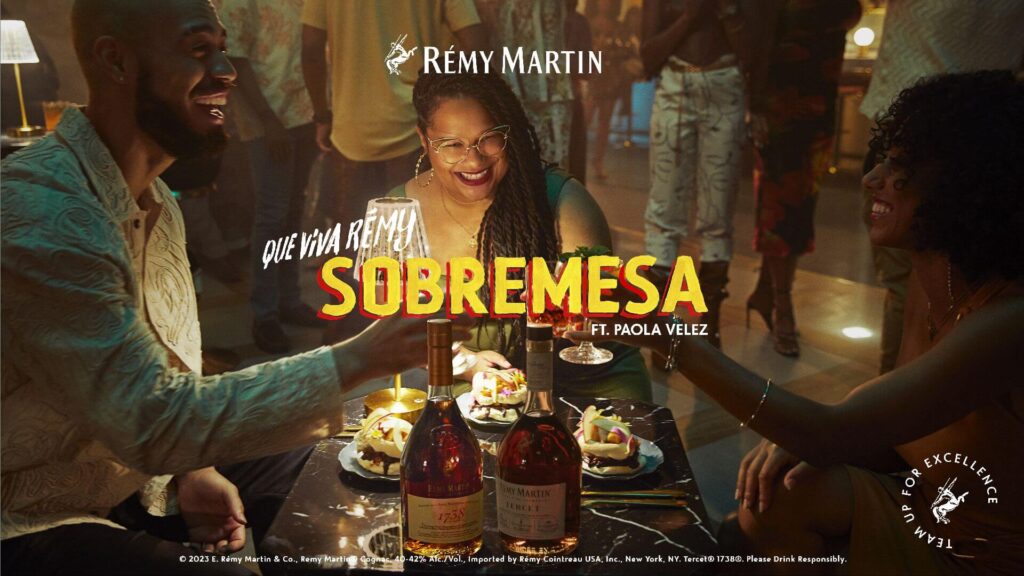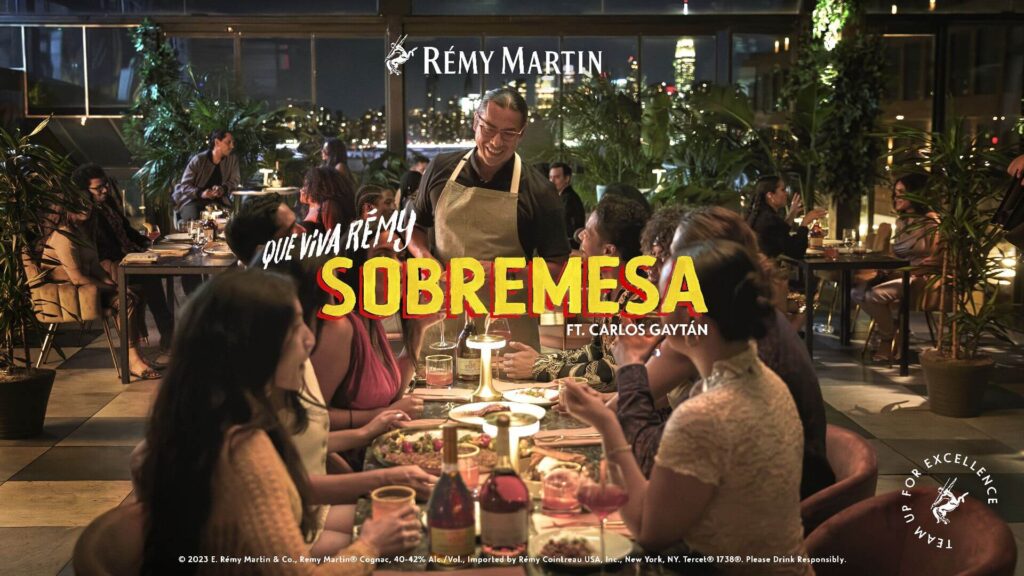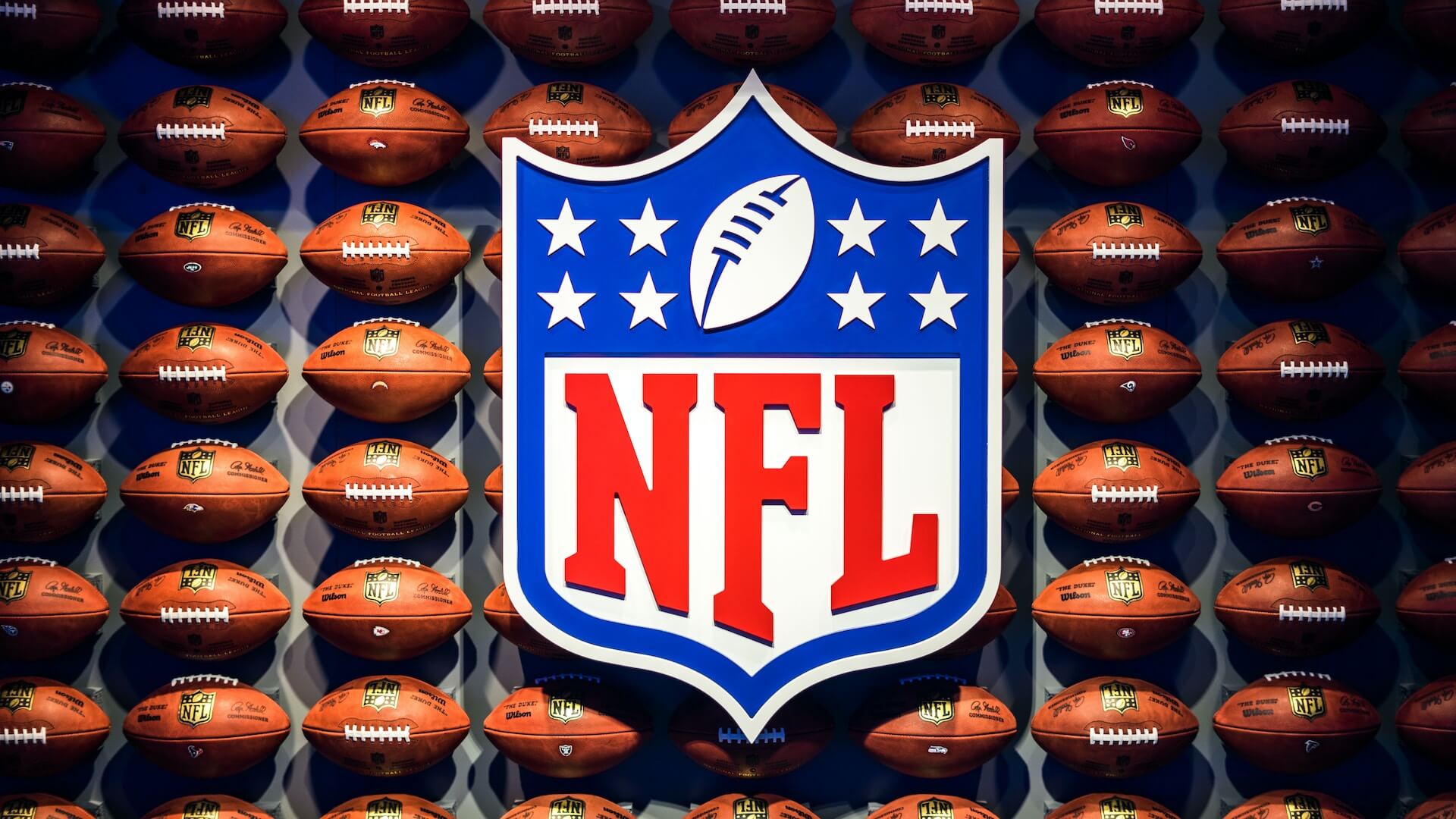2023 Midyear Roundup: Top 10 Operations Articles
by David Klemt

Since we’re now fully into the back half of 2023, let’s take a look at the top ten operations articles from the midway point of this year.
Our top operations articles focus on a variety of topics, including empowerment; toxic mindsets; the three Ps of hospitality; and real-world menu tips from an incredible chef.
Cheers!
Alternatives to ServSafe
ServSafe, the National Restaurant Association‘s food safety training program, isn’t the only food handler training game in town.
Certainly, the program is the most well known in our industry. However, it’s fair to say that ServSafe is closer to infamous than just ubiquitous due to a New York Times article from January.
While it’s the most recognizable of the food safety programs, it’s not the only one. Although, ServSafe’s omnipresence likely gives many the impression that it’s ServSafe or nothing.
There are, however, alternatives to ServSafe. In fact, one challenger was announced a day after the explosive New York Times article that thrust ServSafe into a spotlight the NRA probably isn’t enjoying. (After all, one result of that article was a letter from six US senators demanding answers from the NRA about ServSafe by March 3.)
At any rate, the newest alternative to ServSafe comes from One Fair Wage. The program is Just.Safe.Food. and costs just $10. (As a reminder, ServSafe costs $15.)
Click here to read this article.
Raise the Bar to the 3 Ps of Hospitality
Nightlife, bar, and cocktail experts Mia Mastroianni, Phil Wills, and Art Sutley want operators to focus on what they call “the Three Ps.”
The engaging trio shared their trio of Ps recently in Las Vegas at the 2023 Bar & Restaurant Expo.
So, what are the Three Ps of hospitality? People, Place, and Product. Operators who pull the threads tighter on each of these crucial elements will be well on their way to improving operations and the guest experience.
Read here!
The 50 Best Bars in North America
The buildup toward this year’s World’s 50 Best Bars is growing with the recent announcement of North America’s 50 Best Bars.
Mexico City, the 2023 North America’s 50 Best Bars host city, is home to several of this year’s rankings. A true cocktail destination loaded with extraordinary bars, Mexico City boasts eight entries. Overall, 14 of the 50 bars on the 2023 list are in Mexico.
Of course, New York City also claims an impressive number of bars earning spots on the list. In fact, NYC boasts 12 of the 50 best bars in North America. More than half of the bars—28—are in the US.
Not that anyone asked, two of the bars on the 2023 list are in the city where I was born, Chicago: Kumiko and Milk Room. And I’m going to give a special nod to Herbs & Rye, number 27 and located in my hometown of Las Vegas (and the US headquarters of KRG Hospitality).
Of the 50 best bars in North America, Canada is home to seven. Four of these are in Toronto (where KRG Hospitality’s global headquarters are located), two are in Montreal, and one is in Vancouver.
Just one bar in the Caribbean makes the 2023 North America’s 50 Best Bars list. But what a bar: La Factoría is number 24.
Read this article now!
Raise the Bar: Service vs. Hospitality
During the 2023 Bar & Restaurant Expo in Las Vegas, Mia Mastroianni, Art Sutley, and Phil Wills addressed what separates service from hospitality.
For the sake of those who are unfamiliar, a brief summary of each member of this informative panel. Art Sutley is a nightlife and hospitality expert recognized by Forbes, the Wall Street Journal, and Thrillist (among other publications).
Phil Wills and Mia Mastroianni should be recognizable to anyone who has watched Bar Rescue. Wills co-founded Spirits in Motion, a beverage consulting agency. He’s also a bartender’s bartender who’s passionate about hospitality. Mastroianni, equally as passionate about the art of hospitality, is a seriously talented bar professional and hospitality expert who doesn’t take herself too seriously.
It’s difficult to imagine a more qualified trio when it comes to discussing the differences between service and hospitality.
Read here.
Do Super Bowl Ads Work on Consumers?
Brands spent hundreds of millions of dollars to advertise during Super Bowl LVII, but do their ads actually translate to demand for their products?
A week ago we shared our ten favorite beverage-focused Big Game ads. Along with those ads we shared some numbers.
One of those numbers was $7 million, the cost of a 30-second Super Bowl ad on Fox. Other numbers? $500 million and $700 million, the range of revenue it’s estimated that Fox generated this year from Super Bowl ads.
At this point, these ads and the Halftime Show have essentially become their own entities. Some people watch the Big Game for the ads, some for the show halfway through. It stands to reason that brands are well aware of this development. So, they try to create the most impactful ad possible in the hopes of generating consumer demand.
In other words, these brands aren’t spending all this money just so they’re commercial can be deemed cool. Sure, brands want that buzz. But they also want an ROI on the millions they spend.
The big question is, then, are they seeing a return? Well, it just so happens that behavioral insight platform Veylinx has a data-driven answer to that question.
Follow this link to continue reading.
Real-world Menu Tips from Chef Brian Duffy
Call it an education session, call it a workshop, one of the best features of the Bar & Restaurant Expo is live menu feedback from Chef Brian Duffy.
This is certainly true of the 2023 Bar & Restaurant Expo. During this year’s BRE (formerly Nightclub & Bar Show, or NCB), Chef Duffy delivered well over two hours of real-world menu feedback.
To be sure, BRE educational programming is always beneficial. Attendees who take the time to plan their schedules to include education sessions will take invaluable tips back to their businesses.
However, watching in real time as Chef Duffy critiques real menus submitted by BRE attendees provides insight that will impact the guest experience and success of a restaurant or bar immediately.
When delivering his feedback, Chef Duffy is unacquainted with the menus. He’s also unfiltered. So, attendees of these sessions are provided a window to Chef Duffy’s professional opinions, on the fly, in real time.
Take, for example, this blunt statement: “If you serve tilapia in your restaurant, you suck.” Before anyone has a conniption, Chef Duffy is referring to unethically farm-raised tilapia that’s often exposed to waste.
Continue reading here.
The Importance of Sticking to Your Standards
One crucial task for all restaurant, bar, nightclub, and hotel operators is to set the acceptable standards and commit to maintaining them.
Hospitality operations are subject to an interesting paradox. We’re all told to prepare for things to go sideways during any given shift. We’re also told that adhering to our standards of service will help us weather a storm of challenges. Oftentimes, however, the first thing to slip at the first sign of trouble is: our standards.
When a client signs on with KRG Hospitality, they are given the task of identifying their core values. There’s an exercise for this key development step; it’s part of our standards.
Your core values inform your standards (and so much more): leadership team standards; front- and back-of-house team member standards; and standards of service. Additionally, you should spell out these standards during the onboarding process, utilizing an employee manual—which new hires must sign and date—and practical training.
It’s absolutely crucial that you and your team commit to your standards fully. They’re inviolable, what both KRG president Doug Radkey and Chef Brian Duffy call your “non-negotiables” during speaking engagements and when working with clients.
Are people going to make mistakes, including you? Yes. On occasion, a standard is going to slip. The key is understanding that maintaining standards helps reduce these occasions; panicking and allowing them to slip just drops us deeper into quicksand.
Someone on the team is going to miss a service step. Something will occur during a shift that’s not up to standards. What’s important in those moments is the ability for the team to recognize the slip quickly and correct course immediately.
Click here to keep reading.
Empower Your Team to Make Decisions
Written by Kim Richardson
Empowerment is about so much more than trusting someone to follow clearly defined rules; you must learn to trust your team’s judgement.
Yes, even when things don’t go according to plan. If you’re only training your team on the “rules,” you’re doing a disservice to them and yourself. So, let’s have a little chat about empowerment. What does it mean to you? What are your expectations of your team when you tell them they are empowered?
Looking back throughout your own work history, have you ever had a job where your boss told you that you were empowered to make decisions, but you didn’t actually know what to do or how to make decisions? Did anyone ever explain “the how” of decision making to you?
Now, look at yourself as a leader. Have you ever had employees that you’ve told are empowered to make decisions, yet they get a manager every time someone needs something out of the ordinary? Are you explaining to your staff “the how” of decision making, along with your expectations?
It’s frustrating to feel like the house might fall down when you’re not in it. That’s no way to operate a business. We all want our staff to be able to make educated decisions when we’re not around. We shouldn’t have to hold their hands and be part of every single decision.
Still, there are times when, left to their own devices, a team member doesn’t make the decision you’d want them to make. This makes owners and leadership team members feel as though they must be at work every second.
So, how do you move away from micromanagement and learn to trust your team’s decision making?
Keep reading via this link.
Yes, We Finally Spoke with Google Bard
Come on, now—you must know that after speaking with ChatGPT and Bing AI and sharing those chats our conversation with Google Bard is next.
Perhaps because its launch is more recent, Bard is slower to answer than ChatGPT. I can’t know for certain but it’s reasonable to assume eager users are overwhelming Bard.
As far as the user experience, I like that Google includes a disclaimer about interacting with Bard. Unsurprisingly, Google warns that Bard can provide inaccurate, misleading, or false information. Interestingly, the company also recommends people “Google it” if they’re unsure about the answers Bard offers.
Click here now!
5 Toxic Mindsets that Hinder the Success of Your Business
Written by Jennifer Radkey
Your frame of mind matters, and if you want a team and business that’s thriving and growing, it’s time to examine your own mindset.
How you show up day to day in your business and in your life will either hinder or promote your success. Like the popular phrase goes, “It starts from the top.”
You can set the tone for the day with the energy you bring. As Anese Cavanaugh, author of the book Contagious You, states, “Whatever we put out there and whatever we take on affects our ability to influence, lead, and create the impact we want.”
A positive mindset is contagious: it can inspire, motivate, and make others feel good. A toxic mindset is equally as contagious: it can halt growth, increase unhappiness, and lower productivity.
Here’s a list of five toxic thoughts that lead to a negative mindset and can hinder success.
Read here.
Image: Tomaz Barcellos on Pexels
